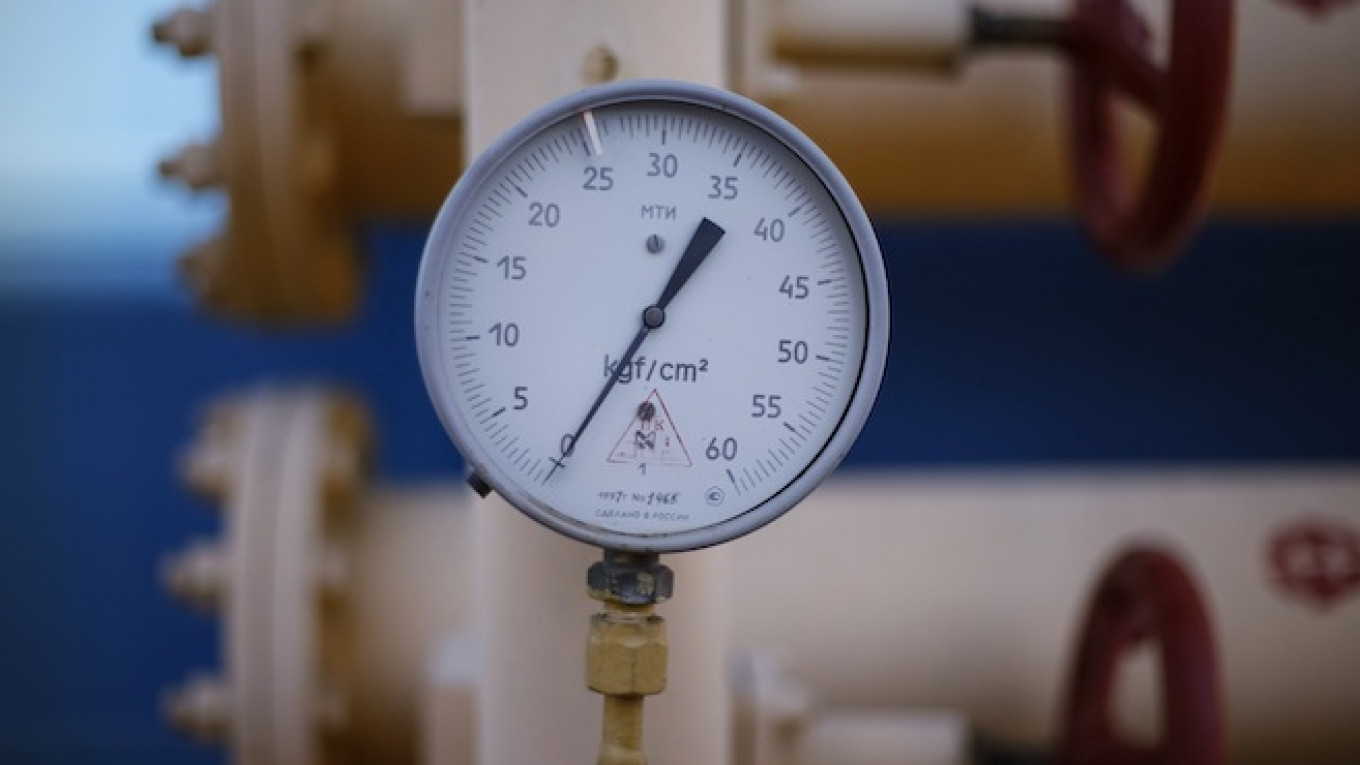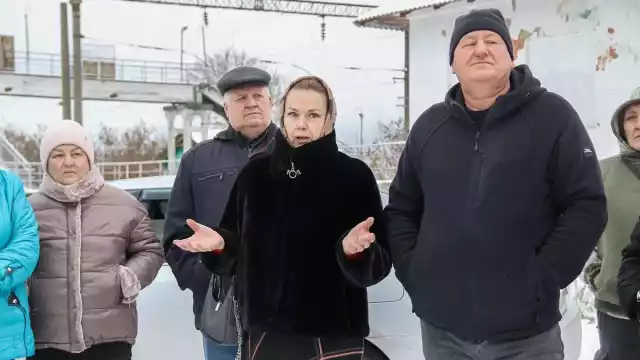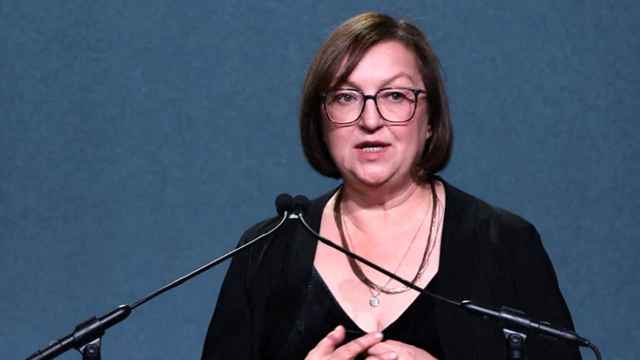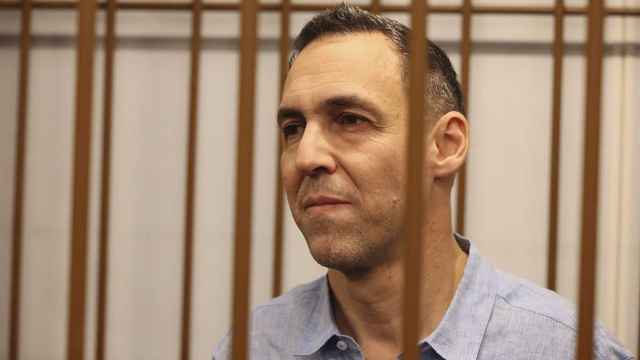BRUSSELS — The European Union's top negotiator in the gas price row between Russia and Ukraine is working to bring the two sides together again before mid-July, but said a weekend of bloodshed in Ukraine had made the task far harder.
Russia's gas supply monopoly Gazprom turned off gas supplies to Ukraine on Monday after the latest round of talks between the European Commission, Kiev and Moscow broke down in the early hours of Monday.
The talks are bound up with the worst crisis between Russia and Ukraine since the Soviet Union collapsed — a crisis that has brought Western sanctions on Moscow, the Russian annexation of Crimea and Cold War-style saber-rattling along the borders.
European Energy Commissioner Günther Oettinger said further progress would take time and gave himself the summer months, when gas in storage is plentiful and demand is low, to find a solution.
"No doubt we are in a sensitive situation. We are in June, so it is not really urgent today, but it is my concern and my ambition to use the summer time [to solve this crisis]," he said.
No-one could afford to wait, he said, for the years it could take for a resolution of international arbitration in Stockholm, where Ukraine and Russia are suing each other for the billions of dollars they both say they are owed.
Instead, he said he would talk to Ukraine in the coming days to try to arrange bilateral talks next week.
After that, he planned to talk to Russia, with a view to arranging another round of three-way talks before mid-July.
Referring to the breakdown of the latest talks, Oettinger said the whole weekend was difficult and the political environment tense. Forty-nine Ukrainian servicemen were killed on Saturday when a missile hit their plane.
Kiev and Moscow blamed each other for the failure to agree on the price of future gas deliveries and refused to abandon well established positions: Russia offering a discount and Ukraine rejecting that as a tool for political manipulation.
Refusing to Move
By the end of the talks, Oettinger said, Russia was refusing to move.
"I think at the end of negotiations, Russia was not thinking to be a little bit more flexible," he said.
Moscow declined a compromise under which Kiev would pay off $1 billion of its unpaid gas bill immediately and then make monthly repayments to Gazprom. It would also pay $385 per 1,000 cubic meters in winter and about $300 in the summer.
The cut in gas shipments through Ukraine has the potential to disrupt energy supplies to the European Union too as Ukraine is the transit route for about half of the gas Russia ships to the EU.
In previous gas price disputes in 2006 and 2009, Russia says the reason EU supplies were affected was that Ukraine siphoned off the gas it needed from shipments meant for the EU.
The EU relies on Russia for about 30 percent of its gas demand and Oettinger earlier this year laid out the Commission's view of how the European Union can improve its security of supply.
Heads of state and government will consider the strategy, which includes short-term fixes, such as increasing storage, and longer term measures, such as improved energy efficiency and finding alternative sources of gas supply, next week in Brussels.
While negotiations have dragged on over May and June, Russia has sought to push forward with its giant South Stream pipeline, although Oettinger said the pipeline issue had not been raised during the gas price talks.
Designed to pipe 63 billion cubic meters of gas per year from Russia via the Black Sea into central and southern Europe, South Stream would bypass Ukraine, making it all but irrelevant as a transit nation.
The Commission says South Stream flouts EU law and it suspended negotiations on bringing it into line with regulations after Russia annexed Ukraine's Crimea region earlier this year.
Russia has pressed ahead regardless and on Tuesday, Russian Foreign Minister Sergei Lavrov said Serbia was expected to begin building its stretch of the pipeline.
Oettinger said he did not wish to block South Stream, but it had to respect EU law. Once it did, whether it went ahead was a business decision.
"It's mainly up to investors. It's their decision to invest in infrastructure, but it has to be in line with our rules. I don't know there is a business case for a gas pipeline through the Black Sea. I don't think so, but it's up to the investors," he said.
See also:
A Message from The Moscow Times:
Dear readers,
We are facing unprecedented challenges. Russia's Prosecutor General's Office has designated The Moscow Times as an "undesirable" organization, criminalizing our work and putting our staff at risk of prosecution. This follows our earlier unjust labeling as a "foreign agent."
These actions are direct attempts to silence independent journalism in Russia. The authorities claim our work "discredits the decisions of the Russian leadership." We see things differently: we strive to provide accurate, unbiased reporting on Russia.
We, the journalists of The Moscow Times, refuse to be silenced. But to continue our work, we need your help.
Your support, no matter how small, makes a world of difference. If you can, please support us monthly starting from just $2. It's quick to set up, and every contribution makes a significant impact.
By supporting The Moscow Times, you're defending open, independent journalism in the face of repression. Thank you for standing with us.
Remind me later.






